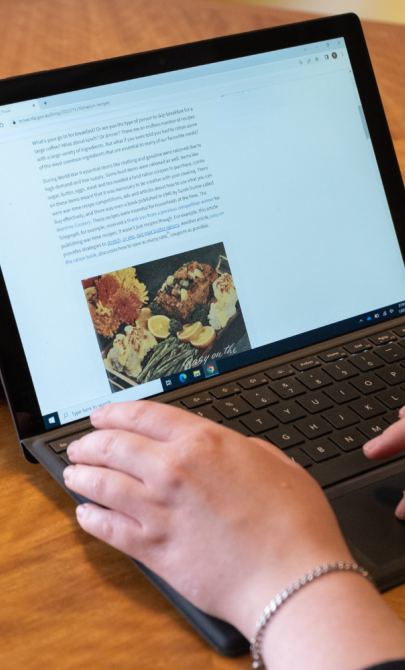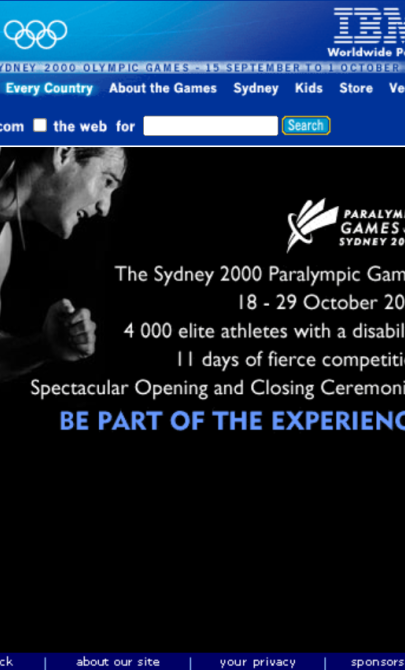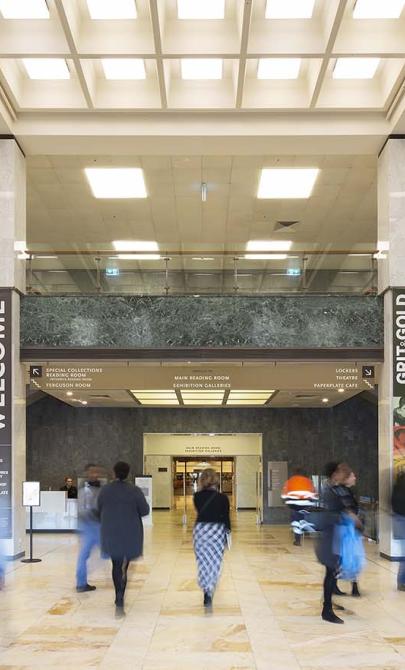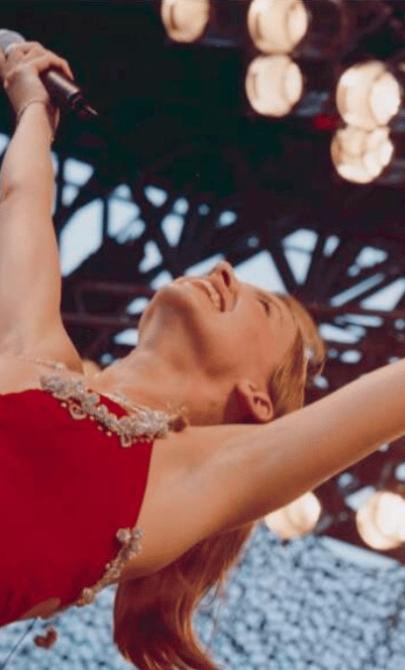2021 blogs
December
- International Volunteers Day: an Australian tradition
- Ming the Meticulous: Digitised papers of Sir Robert Menzies online now
- Discover online Chinese language resources
November
- Ask a conservator
- Remembrance Day: The First World War through oral history
- Rare books and music with Dr Susannah Helman
October
- Exploring Pacific collections
- Keep calm, grab some ginger beer, and go on a picnic
- Forgotten objects inspire creativity in The Imagineer
- Dance - online sheet music for you to explore
- Spring into botanical collections
September
August
- Collecting Chinese Australian stories
- The past is present: Putting family history in context
- From Rome to Tokyo: Australia at the Paralympic Games
- Creating a love of literacy: the mission behind Indigenous Literacy Day
July
- Preservation story: How Library conservators saved a piece of Chinese history
- Take a Look at the National Library of Australia
- Collecting Fijian Australian Stories
- 2021 Appeal Raises Record Amount
June
May
- Old Parliament House: A Building of 'Firsts'
- The Globes of Vincenzo Coronelli
- Charlotte Clark: a woman discovered and imagined
April
March
February
- A Century of Australian Advertising Posters
- Zimmermann + Ellis Rowan at the National Library
- Exclusive Q&A with Nicky Zimmermann



